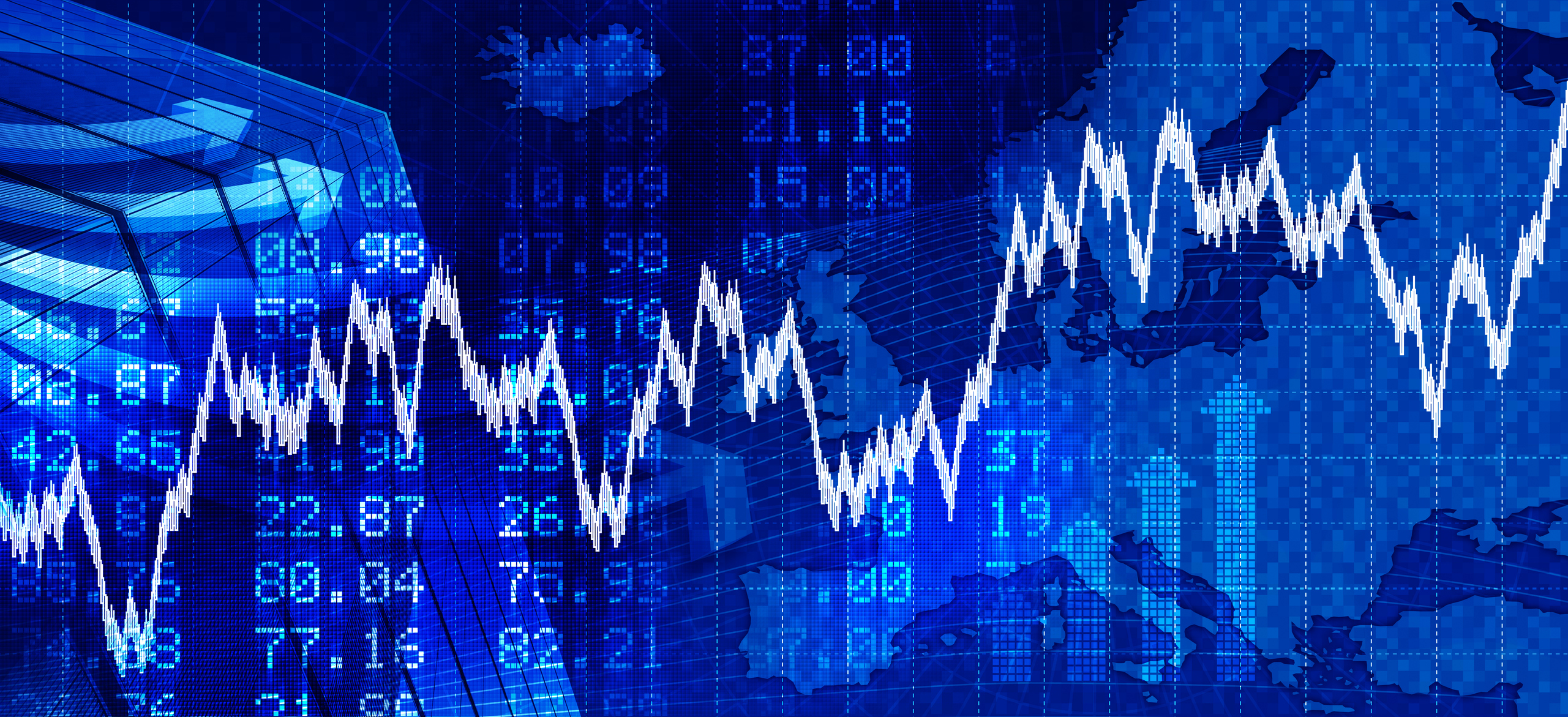QE is like a Ponzi scheme, says Bill Gross
Quantitative easing (QE) is operating like a huge Ponzi scheme, says PIMCO's Bill Gross. When QE stops, who is going to buy up all those Treasuries?

Get the latest financial news, insights and expert analysis from our award-winning MoneyWeek team, to help you understand what really matters when it comes to your finances.
You are now subscribed
Your newsletter sign-up was successful
Want to add more newsletters?

Twice daily
MoneyWeek
Get the latest financial news, insights and expert analysis from our award-winning MoneyWeek team, to help you understand what really matters when it comes to your finances.

Four times a week
Look After My Bills
Sign up to our free money-saving newsletter, filled with the latest news and expert advice to help you find the best tips and deals for managing your bills. Start saving today!
The American economy is facing 'D-Day' on 30 June this year, says Bill Gross. That's when the current bout of quantitative easing (QE) is scheduled to end. Gross worries that by "eliminating QE II, the Fed would be ripping a Band-Aid off a partially healed scab".
He admits that since QE was introduced in 2008, "stocks have nearly doubled", while the "US economy will likely expand by 4% this year". But he still wonders whether "quantitative easing policies actually heal", or just "cover up symptoms of an unhealthy economy".
The problem, says Gross, co-founder of PIMCO, the world's biggest bond fund, is that QE is like a 'Ponzi' scheme. "The Treasury issues bonds and the Fed buys them", in an attempt to "cure a debt crisis with more debt". That's all very well but when QE stops "who will buy Treasuries when the Fed doesn't?".
MoneyWeek
Subscribe to MoneyWeek today and get your first six magazine issues absolutely FREE

Sign up to Money Morning
Don't miss the latest investment and personal finances news, market analysis, plus money-saving tips with our free twice-daily newsletter
Don't miss the latest investment and personal finances news, market analysis, plus money-saving tips with our free twice-daily newsletter
Gross points out that the Fed currently buys 70% of Treasury bonds. When it stops there will be a big "void" in the market. There won't be a "buyers' strike. Someone will buy them". But yields will have to go up to "attract buying interest".
Private investors need to be prepared to step in and fill the gap left by the Fed. If "the private sector cannot stand on its own two legs issuing debt at low yields and narrow credit spreads, creating the jobs necessary to reduce unemployment and instilling global confidence in the sanctity and stability of the US dollar then the QEs will have been a colossal flop."
This isn't just an issue for bond investors, says Gross. "QE has affected not only interest rates but stock prices and all risk spreads. The withdrawal of nearly $1.5 trillion in annualised check writing may have dramatic consequences."
Get the latest financial news, insights and expert analysis from our award-winning MoneyWeek team, to help you understand what really matters when it comes to your finances.
James graduated from Keele University with a BA (Hons) in English literature and history, and has a certificate in journalism from the NCTJ.
James has worked as a freelance journalist in various Latin American countries. He also had a spell at ITV, as well as writing for Television Business International and covering the European equity markets for the Forbes.com London bureau.
James has travelled extensively in emerging markets, reporting for international energy magazines such as Oil and Gas Investor, and institutional publications such as the Commonwealth Business Environment Report.
He founded LatAm INVESTOR, the UK's only Latin American-focused investment magazine.
He is currently the Business Editor at Compass Media.
-
 Should you buy an active ETF?
Should you buy an active ETF?ETFs are often mischaracterised as passive products, but they can be a convenient way to add active management to your portfolio
-
 Power up your pension before 5 April – easy ways to save before the tax year end
Power up your pension before 5 April – easy ways to save before the tax year endWith the end of the tax year looming, pension savers currently have a window to review and maximise what’s going into their retirement funds – we look at how
-
 How a dovish Federal Reserve could affect you
How a dovish Federal Reserve could affect youTrump’s pick for the US Federal Reserve is not so much of a yes-man as his rival, but interest rates will still come down quickly, says Cris Sholto Heaton
-
 'Investors should brace for Trump’s great inflation'
'Investors should brace for Trump’s great inflation'Opinion Donald Trump's actions against Federal Reserve chair Jerome Powell will likely stoke rising prices. Investors should prepare for the worst, says Matthew Lynn
-
 The challenge with currency hedging
The challenge with currency hedgingA weaker dollar will make currency hedges more appealing, but volatile rates may complicate the results
-
 Can Donald Trump fire Jay Powell – and what do his threats mean for investors?
Can Donald Trump fire Jay Powell – and what do his threats mean for investors?Donald Trump has been vocal in his criticism of Jerome "Jay" Powell, chairman of the Federal Reserve. What do his threats to fire him mean for markets and investors?
-
 Freetrade’s new easy-access funds aim to beat top savings rates
Freetrade’s new easy-access funds aim to beat top savings ratesFreetrade has launched an easy-access exchange traded fund (ETF) range - here’s how the ETFs work and how they compare to the savings market
-
 Go for value stocks to insure your portfolio against shocks, says James Montier
Go for value stocks to insure your portfolio against shocks, says James MontierInterview James Montier, at investment management group GMO, discusses value stocks and slow-burn Minsky moments with MoneyWeek.
-
 Where do we go from here?
Where do we go from here?Features A new series of interviews from MoneyWeek
-
 As China reopens, why pick an income strategy?
As China reopens, why pick an income strategy?Advertisement Feature Yoojeong Oh, Investment Manager, abrdn Asian Income Fund Limited
